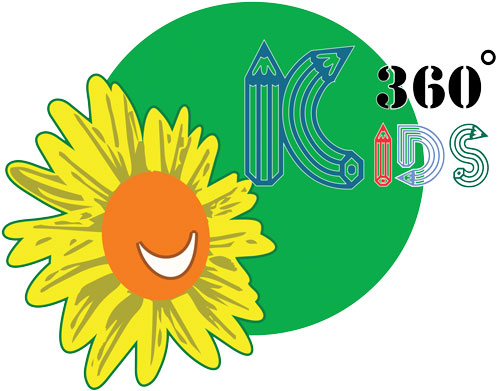Role of the School and Home Partnership
In partnership with the home, the school plays a vital role in developing social competence by providing the tools and knowledge that children will need to play a constructive role as citizens. This partnership ensures a seamless transition for children as they enter playschool, adapting to the new environment at their own pace.
Collaborative Efforts
Teachers, families, and other significant partners, such as early childhood educators and community resource teams, collaborate to facilitate the best possible transition to the school environment. This collaboration helps children discover their strengths, interests, and abilities, express their ideas, and develop relationships with others.
Teachers’ Observations and Planning
Teachers observe children in their classrooms to plan effectively and adjust teaching methods to meet the unique needs of every child. Understanding the influence of social and cultural contexts on learning enables teachers to recognize and support the children’s developing competence and find various ways for them to express their achievements.
Expectations for Personal and Social Development
Expectations for personal and social development are organized under the following subheadings: Self-Awareness and Self-Reliance, Social Relationships, and Awareness of Surroundings.
Self-Awareness and Self-Reliance
Young children begin their personal and social development by learning about themselves, their relationships with others, and their place in the world. Social, personal, and emotional growth is interconnected with other areas of development, such as cognitive and motor skills.
Examples:
- Sorting Math Manipulatives: Children follow a problem-solving process both mathematically and socially.
- Dramatic Play: Role-playing as different characters (e.g., store clerk, bus driver) to develop cognitive, motor, and social skills.
- Independent Activities: Solving puzzles, creating sculptures, and constructing models to learn perseverance and independence.
Social Relationships
Children learn to engage with peers and adults, developing essential social skills that will benefit them throughout their lives.
Examples:
- Group Activities: Working together on projects and games to develop teamwork and communication.
- Conflict Resolution: Learning to resolve disagreements and understand different perspectives.
Awareness of Surroundings
Children become more aware of their environment, learning to navigate and interact with their surroundings responsibly.
Examples:
- Outdoor Exploration: Observing and discussing natural elements and community features.
- Safety Practices: Understanding and following safety rules in different settings.
Overall Expectations
By the end of the preschool session, children will:
- Sense of Identity: Demonstrate a sense of identity and a positive self-image.
- Understanding Diversity: Show a beginning understanding of diversity in individuals, families, schools, and the wider community.
- Independence and Responsibility: Demonstrate independence, self-regulation, and a willingness to take responsibility for learning and other activities.
- Problem-Solving Skills: Use problem-solving skills in various social contexts.
- Social Skills: Identify and use social skills in play and other contexts.
- Awareness of Surroundings: Demonstrate an awareness of their surroundings.
Conclusion
At 360° Kids Play School, personal and social development is a core component of our educational program. Through a combination of school and home partnership, collaborative efforts, thoughtful planning, and targeted activities, we help children build the social and cognitive skills they need to succeed. Our goal is to foster a positive self-image, an understanding of diversity, and a sense of responsibility, preparing children for future academic and social success.

